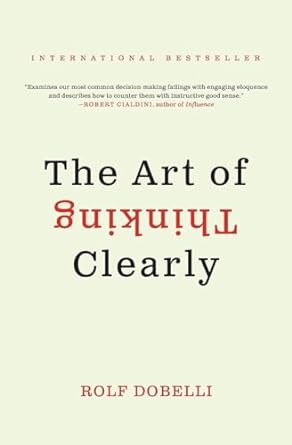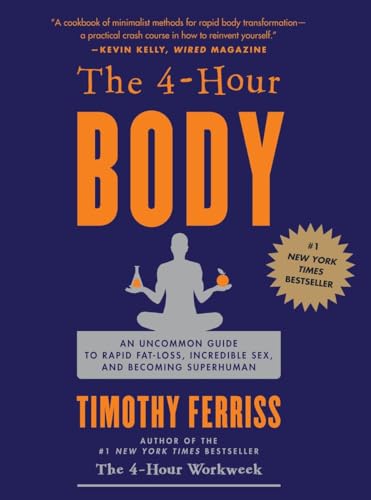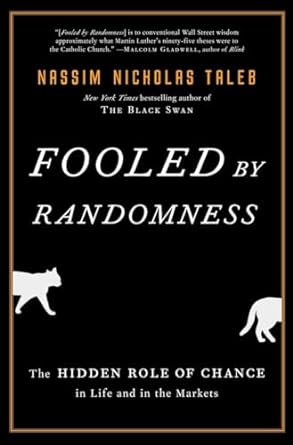Survivorship Bias
The tendency to review data, information, or stories about successful subsets of an entire group, and ignore or overlook the entire group.
Examples:- History written by victors or survivors of war.
- Investment fund returns accounting only for the companies or funds that survived.
- Success stories in business - sharing lessons through the lens of a minority.
Key Insights & Principles
Planning and Decision Making
Insights:- We often overestimate success, and look only at data or examples from those that succeed, and ignore the failures.
- Luck is often overlooked when analysing success.
- Survivorship bias does not mean that data or insights are irrelevant.
- Actively search for data or stories of non-survivors.
- Consider luck as a factor in success.








